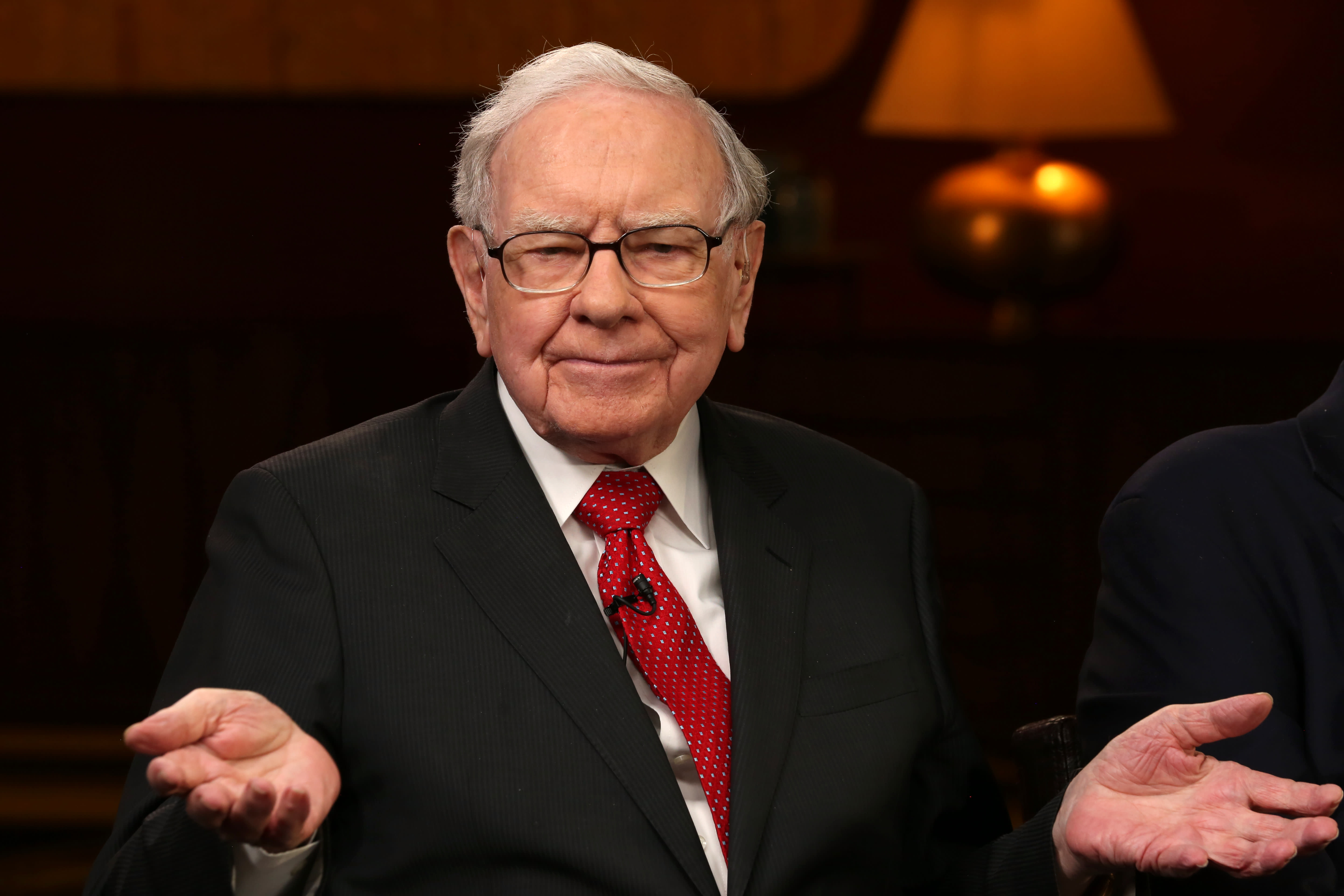This post was originally published on this site

Getty Images
Warren Buffett’s Berkshire Hathaway passed on the opportunity to acquire Tiffany, according to a new report from the Financial Times.
The jeweler approached Buffett after receiving a takeover bid from LVMH, but the Oracle of Omaha — who previously bought $250 million worth of the company’s bonds in 2009 — declined, according to people with knowledge of the matter. Buffett confirmed to the Financial Times that the conversation took place.
In November Tiffany’s board of directors ultimately agreed to a $16.2 billion takeover from LVMH, which owns well-known brands including Moët & Chandon, Dom Perignon, Givenchy and Louis Vuitton.
Berkshire Hathaway’s last full-company takeover was Precision Castparts in 2015. At the same time, the company hasn’t meaningfully increased its buyback program, which means that Berkshire Hathaway is now sitting on a record $128.2 billion in cash, third quarter filings showed.
But that’s not to say Buffett isn’t completely sitting on his hands.
In November Brekshire Hathaway bid $140 per share for Tech Data, although the firm’s offer was ultimately topped by Apollo Global Management, which sweetened its bid to $145 a share after Buffett outbid the private equity giant’s initial sum.
In 2019 Berkshire also announced a $10 billion investment in Occidental Petroleum for the Anadarko takeover, and the company maintains large positions in Apple, Bank of America, Coca-Cola, Wells Fargo, American Express and Kraft Heinz, recent filings show.
“In recent years, the sensible course for us to follow has been clear: Many stocks have offered far more for our money than we could obtain by purchasing businesses in their entirety … Charlie and I believe the companies in which we invested offered excellent value, far exceeding that available in takeover transactions,” Buffett wrote in his 2018 annual report.
Shares of Berkshire Hathaway gained 11% in 2019, compared to the S&P 500’s 29% return, leaving some investors to question why Buffett isn’t putting more money to work.


